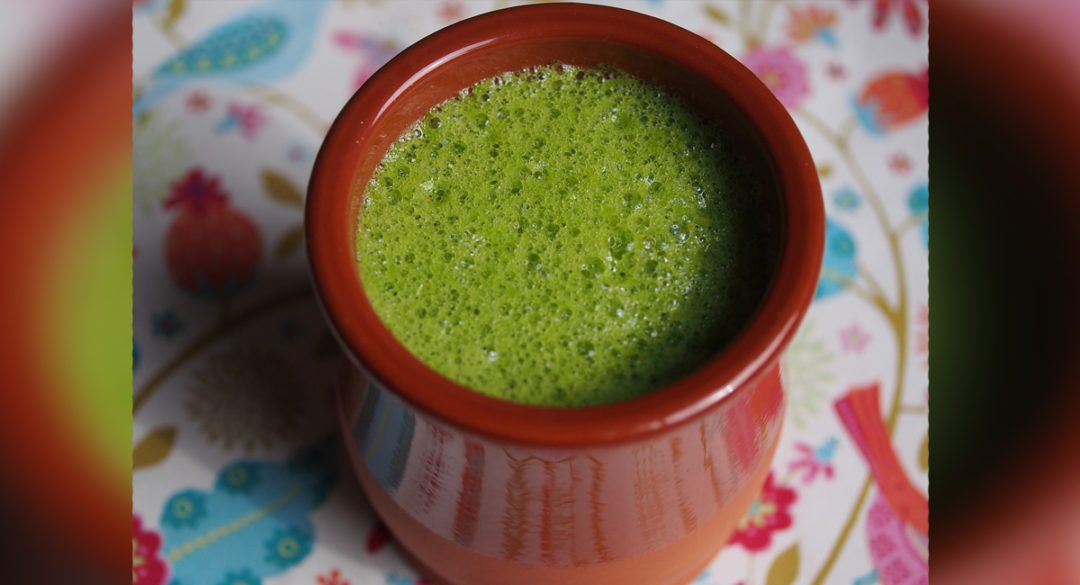Since bringing out The In-Sync Diet with nutrionist Fleur Borrelli, we’ve heard from many people who have problems with their gut. This ranges from IBS, to bloating, to all kinds of digestive problems. The In-Sync Diet should help tremendously with gut problems but we often recommend that people take digestive enzymes as well. So what are these and why are they needed?
I myself have been taking them for a number of years. Hydrochloric acid in the gut decreases with age so even though I don’t have gut problems, I take them. Many people who get indigestion will take an ant-acid which will take acid away when in fact their problem could well be that they don’t have enough.
Fleur explains how this all works and why digestive enzymes could be the answer (along with more vegetables and a bit of fruit).
Why we may need a little help from digestive enzymes
Most of us at some point in our lives will have suffered from digestive complaints. The most common symptoms experienced are usually bloating, acid reflux, stomach pain and constipation or diarrhoea. The problem is, if this is the regular state of play, our bodies have a hard time absorbing all we need from our food. When we eat food it needs to be broken down into smaller pieces so we can absorb it across the gut lining and into our systems to be used for cellular energy. The nutrients we absorb are used for building and repairing the body and supporting all the organs and tissues.
And so in order to get the energy it needs, the body then starts to break down lean muscle instead to fuel us with glucose. Your brain, the ruler of your metabolism, is programmed to see poor digestion as a stress situation—and we have very selfish brains.
So as you can see, unpleasant digestive symptoms are the body’s built-in alarm system. They present themselves to tell us that we aren’t getting enough nutrients through our diet, most likely because we aren’t digesting our food properly in the first place. These could be one or more vitamins, minerals, good fats, protein, and/ or the right carbohydrates. Your body runs the same way as your car. It needs fuel to function. Any deficiencies with any of these nutrients, and your body’s service will cost you a lot more.
So what can we do to improve our digestion? Digestion of our food starts before we even open our mouth. When we look at the meal in front of us, our brain prepares us by making sure that we have sufficient saliva in our mouth and that the stomach is a certain acidity. Food is mixed with the saliva that contains enzymes to start to break it down. This is why it is so important to chew carefully until your food becomes a pulp.
Many of us over 40 tend to have low stomach acid and this can cause the same symptoms as if we were producing high stomach acid. Often if we have a high intake of grains and pulses, they will irritate the stomach leading to the production of lactic acid. It is all too often treated with antacids (the opposite of what we need if we have too little stomach acid), which have the negative effect of rendering us unable to breakdown our food and also unable to kill the viruses and bacteria that may enter the body via this route. If you have a low stomach acid or a lack of stomach acid, big chunks of undigested food will go into the gut and then begin to create problems as they basically putrefy and are broken down by the action of bacteria – it just all sits in the gut and creates toxins, headaches and so on.
And what is more, after many years of squirting out lots of digestive enzymes every day the pancreas can become “tired” and not digest as well as it used to and food can ferment and cause bloating and gas and feed the bacteria and yeast that love sugar like Streptococci species and Candida albicans (thrush type yeast).
Raw foods like vegetables and fruit contain naturally occurring enzymes. There is an enzyme called Bromelain that helps to break down the very large “macromolecules” that sometimes get into the gut from foods or other allergy sources. The bromelain breaks down these big potential allergy producing proteins while in the gut and thus prevent them going through the gut or creating damage and allergy. Fresh pineapple is rich in bromelain. Ripe, organic fruit in season is rich in enzymes. Papaya has papain – another excellent enzyme. Raw, organic vegetables are also rich in enzymes. Lightly cooked vegetables still have some enzymes. Overcooked food loses these natural food enzymes and the pancreas then has to spend years pouring out lots of enzymes internally to digest our cooked food which is an energy consuming business.
The good news
Help is at hand with digestive enzyme supplements which have plant enzymes in them to help to digest all foods including those which are very difficult to break down such as beans, dairy and gluten. I would thoroughly recommend taking them before a meal for anyone wishing to help reduce digestive complaints or simply want to ensure you are getting the most, in terms of nutrients, from your foods – to this end, they might even be better than taking an all purpose multivitamin.
Fleur recommends these Digestive Enzymes

